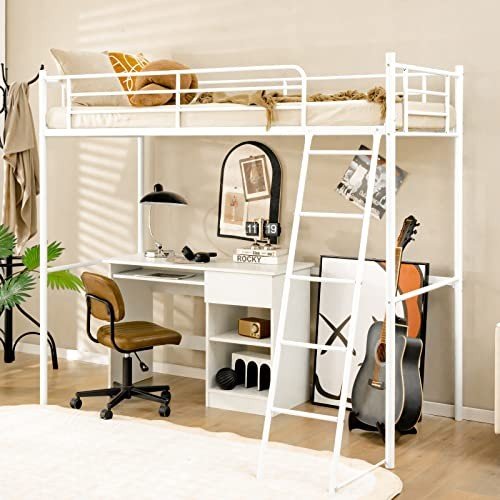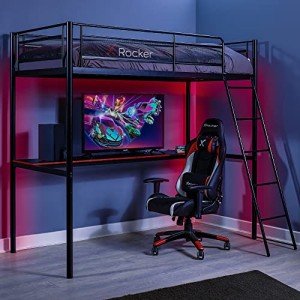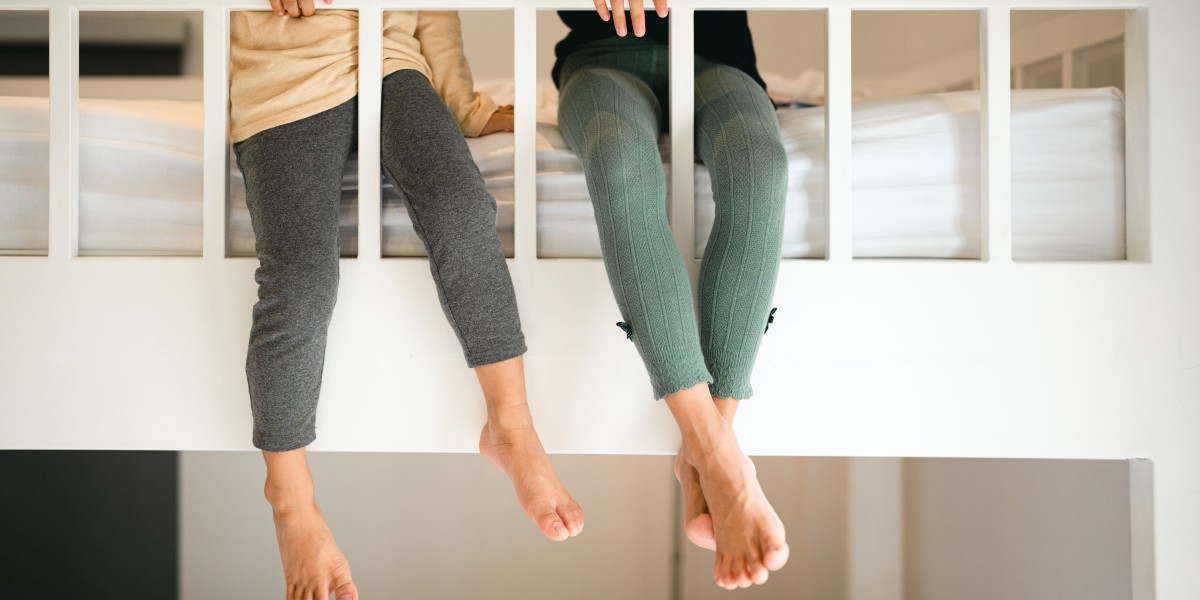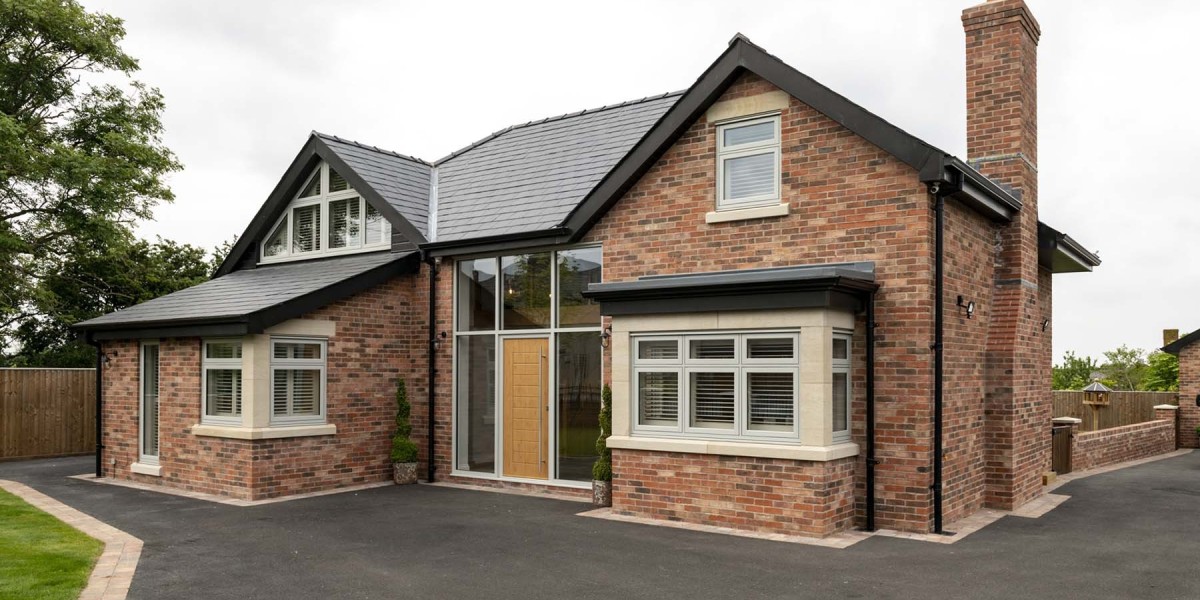
The Ultimate Guide to Great Bunk Beds: Maximizing Space and Style
When it comes to enhancing space, especially in smaller homes or shared bedrooms, bunk beds are an ingenious solution that merges function with fun. Whether for children sharing a space or as a smart accommodation alternative in guest spaces, bunk beds use adaptability, imagination, and performance. This short article explores the various designs, safety factors to consider, and often asked questions about bunk beds, supplying an extensive resource for anyone considering this space-saving alternative.
The Many Styles of Bunk Beds
Bunk beds are available in numerous styles and setups, accommodating different tastes and requirements. Below is a detailed overview of some popular bunk bed styles:
| Style | Description | Ideal For |
|---|---|---|
| Traditional Bunk Bed | A traditional style with two twin beds stacked vertically. | Kids' spaces, visitor spaces |
| L-Shaped Bunk Bed | Features an upper bunk directly over a lower bunk at a right angle, producing a corner setup. | Spaces with minimal vertical space |
| Loft Bed | Just features the upper bunk with an open space below for a desk, seating area, or storage. | Older children, little areas |
| Futon Bunk Bed | Integrates a full-size futon at the bottom level with a twin bed above. | Multi-functional rooms |
| Triple Bunk Bed | Stacks 3 beds vertically, optimizes sleeping space even further. | Large spaces with several kids |
Benefits of Bunk Beds
Choosing bunk beds can provide a number of benefits, including:
- Space-saving: Perfect for smaller rooms, enabling more space for play or research study.
- Economical: A single unit providing 2 sleeping spaces can be more inexpensive than purchasing 2 different beds.
- Versatile Designs: Available in various styles and materials to match various decoration styles.
- Enjoyable Factor: Kids typically like the novelty of oversleeping a bunk bed, adding an aspect of excitement to their bedroom.
- Encouraging Sharing: Bunk beds can promote friendship among brother or sisters or pals.
Safety Considerations
While bunk beds are a wonderful option for making the most of space, security must always be a top priority. The following guidelines can help make sure safe usage:
- Age Appropriateness: Bunk beds are usually created for children aged six and older. It is vital to evaluate whether they are proper for the child's age and maturity level.
- Guardrails: Ensure that the upper bunk has guardrails on both sides, avoiding accidental falls during the night.
- Sturdy Construction: Look for bunk beds made from resilient materials such as strong wood or metal, and ensure they stick to relevant safety standards.
- Appropriate Mattress Size: Use the right size bed mattress to prevent gaps that could posture a security threat.
- Regular Checks: Periodically check the bed for any loose screws, missing out on parts, or use and tear, and resolve any issues instantly.
Picking the Right Bunk Bed
When choosing a bunk bed, think about the list below factors:
1. Space Dimensions
Procedure the room to ensure the bunk bed fits conveniently while leaving space for other furniture and motion.
2. Weight Capacity
Inspect the weight limitations of the bunk bed to prevent overloading and ensure sturdiness.
3. Material
Choose between wood, metal, or a combination of both, as they each provide various benefits in terms of visual appeals, strength, and maintenance.
4. Design Features
Some bunk beds come with included facilities like integrated drawers, stairs instead of a ladder, or even move accessories for added enjoyable.
5. Assembly Requirements
Consider whether the bunk bed requires complicated assembly. Some might come fully assembled, while others may require considerable setup time.
FAQs about Bunk Beds
Q1: Are bunk beds safe for kids?
A1: Bunk beds are generally recommended for children aged six and older. Make sure safety features like guardrails remain in place and supervise children using the leading bunk.
Q2: How can I maximize the storage space with bunk beds?
A2: You can choose bunk beds with built-in drawers, or think about positioning storage bins or shelves under the lower bunk to enhance space.
Q3: Can adults utilize bunk beds?
A3: Yes, adults can utilize bunk beds, especially those developed with a full-size or queen-size lower bunk. However, be sure to check the weight limits and durability before use.
Q4: How do I keep a bunk bed?
A4: Regularly look for loose screws and general structural stability. Tidy the bed frame with moderate soap and water, preventing severe chemicals that might harm the finish.

Q5: Can I convert a bunk bed into different beds?
A5: Many bunk beds are developed to transform into two separate beds, offering versatility in how the sleeping plans can be used in time.
Bunk beds are an outstanding solution for those needing to efficiently utilize space while improving the room's style and function. With numerous styles and configurations readily available, it's crucial to choose a bunk bed that meets security specs and matches the space's aesthetic. By understanding the benefits, safety factors to consider, and upkeep requirements, families can make educated decisions about integrating great bunk beds into their homes. Furthermore, the pleasure kids originate from bunk beds can change a useful piece of furnishings into an exciting and cherished part of their living space.






